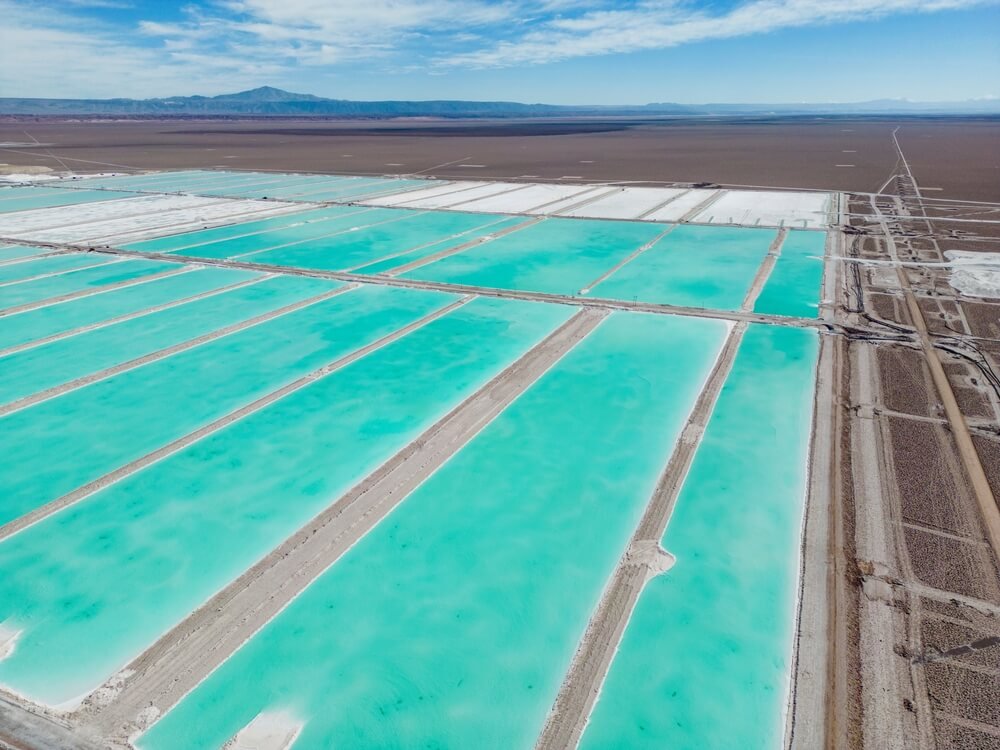Exploring New Sources of Lithium in Shale for Sustainable Energy

Lithium, despite its inherent fire risk in lithium-ion batteries due to its high reactivity with water, remains a critical component in the shift towards green energy. This reactivity not only presents challenges but also underscores lithium's effectiveness in battery technology, extensively utilized in electric vehicles and for storing renewable energy.
As the demand for lithium surges, researchers are probing alternative sources that are both safe and cost-effective. A promising investigation is being led by Shaylee Bhattacharya, a sediment geochemist and PhD candidate, under the guidance of Professor Shika Sharma at West Virginia University's IsoBioGeM lab. Their research, presented at the European Geosciences Union General Assembly 2024, examines the potential of extracting lithium from unconventional sources like industrial byproducts.
Bhattacharya's team focused on sedimentary rocks from the Middle Devonian period located in the Appalachian Basin, discovering significant lithium concentrations within pyrite minerals in the shales. This finding is particularly notable as the geological interplay between lithium and sulphur-rich pyrite is not well-documented, though it could reshape future battery technologies.
The results suggest that organic-rich shale could be a viable lithium source, potentially reducing the need for new mining operations and supporting more sustainable energy practices. However, Bhattacharya urges caution, noting the study's specificity and the preliminary nature of their findings.





